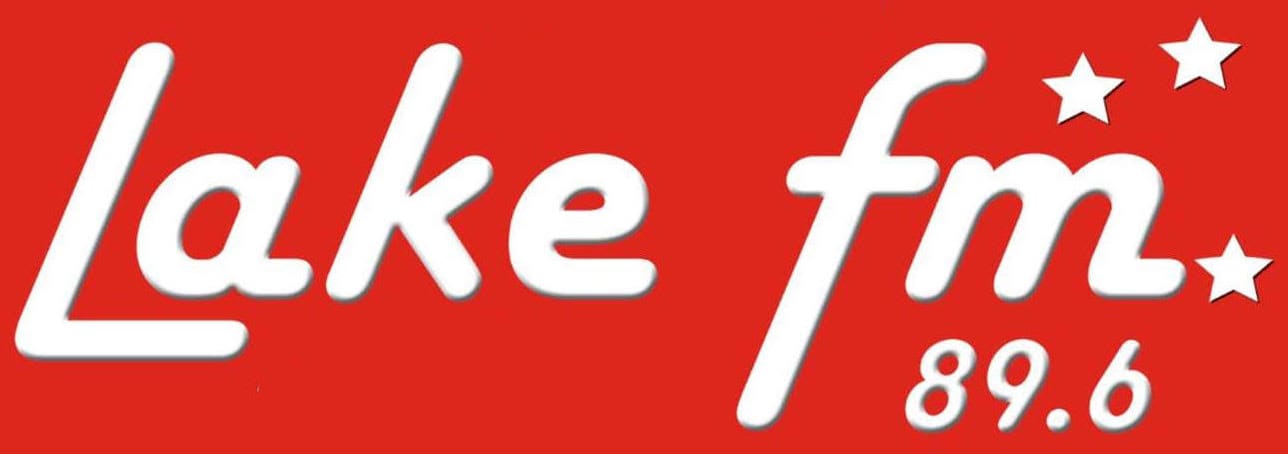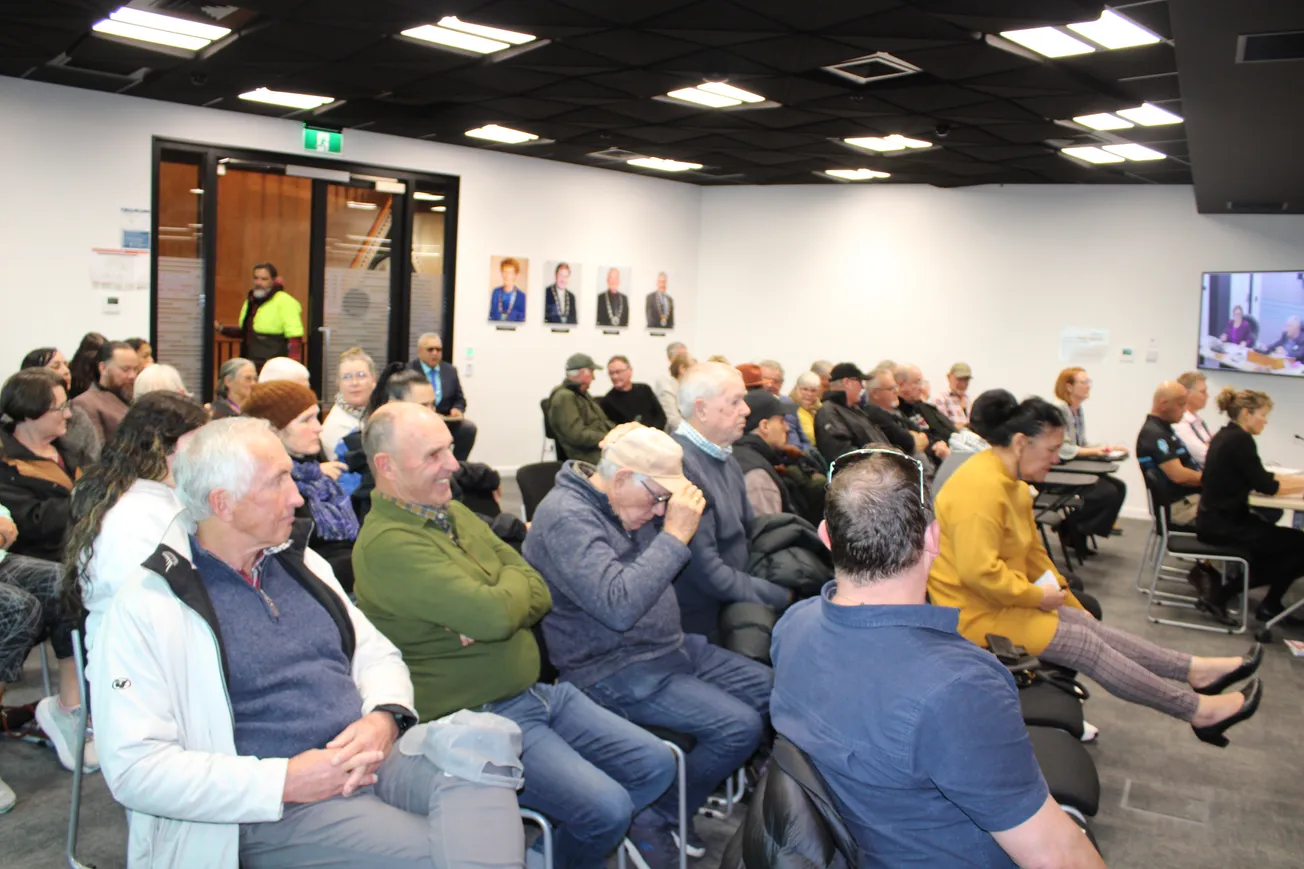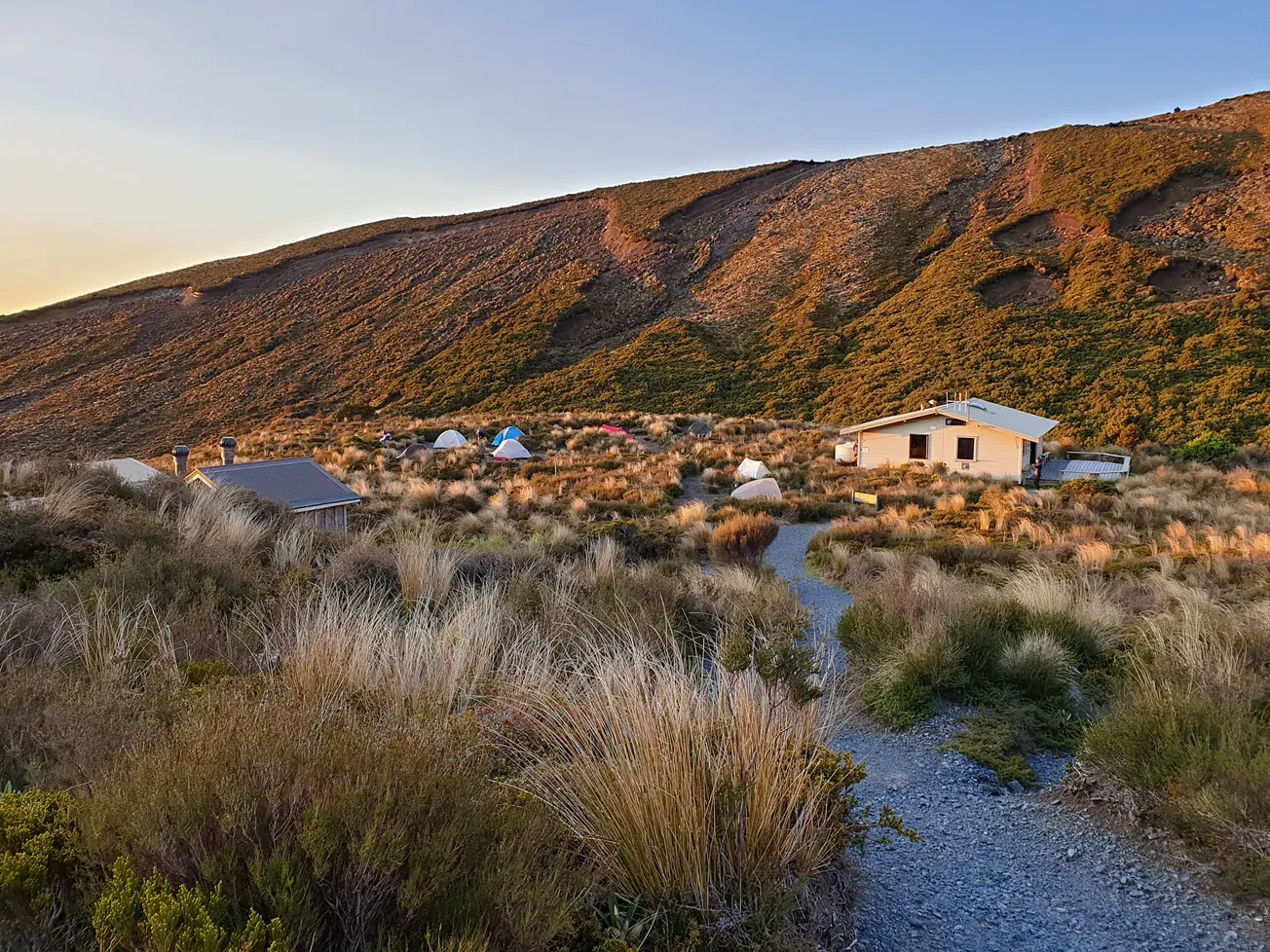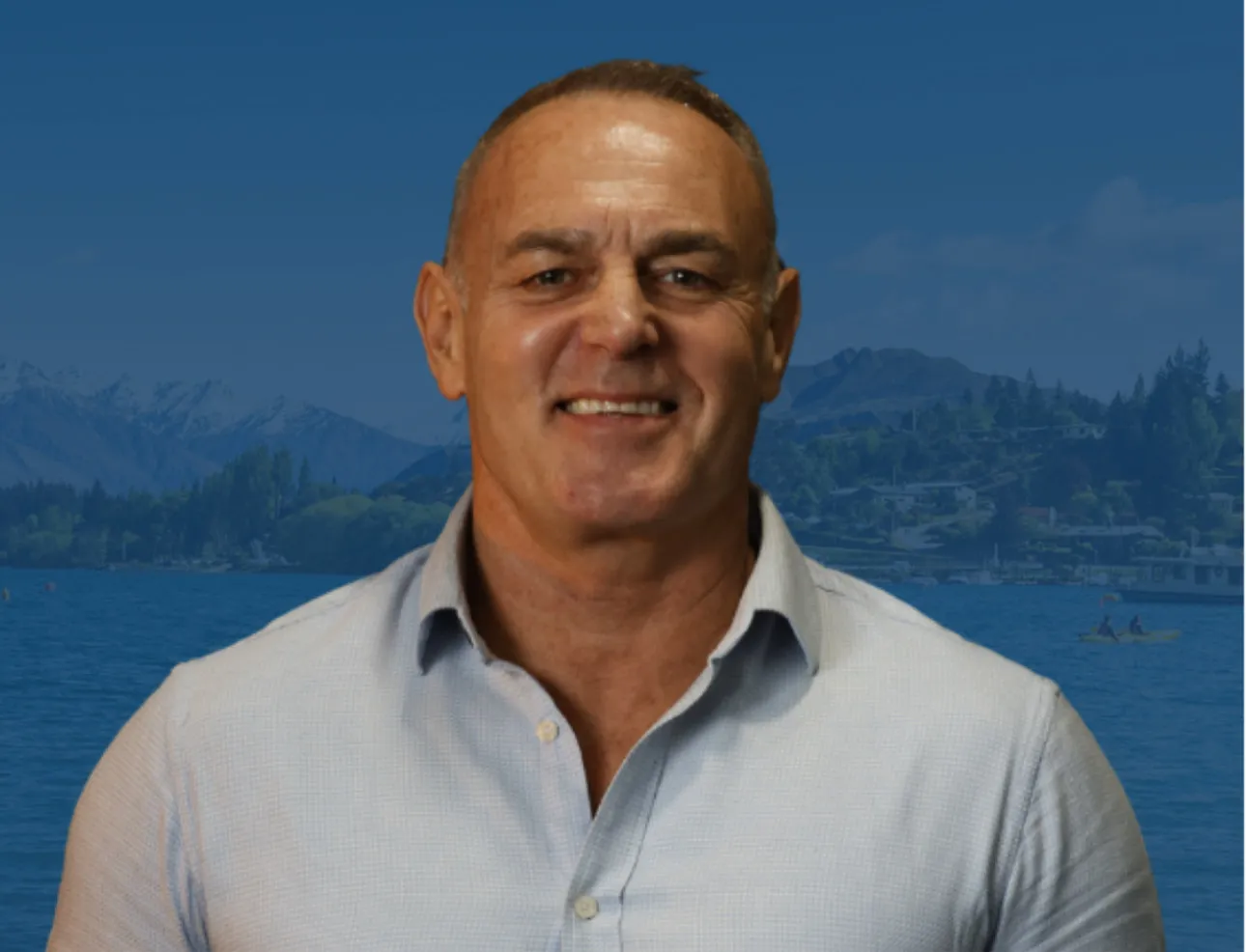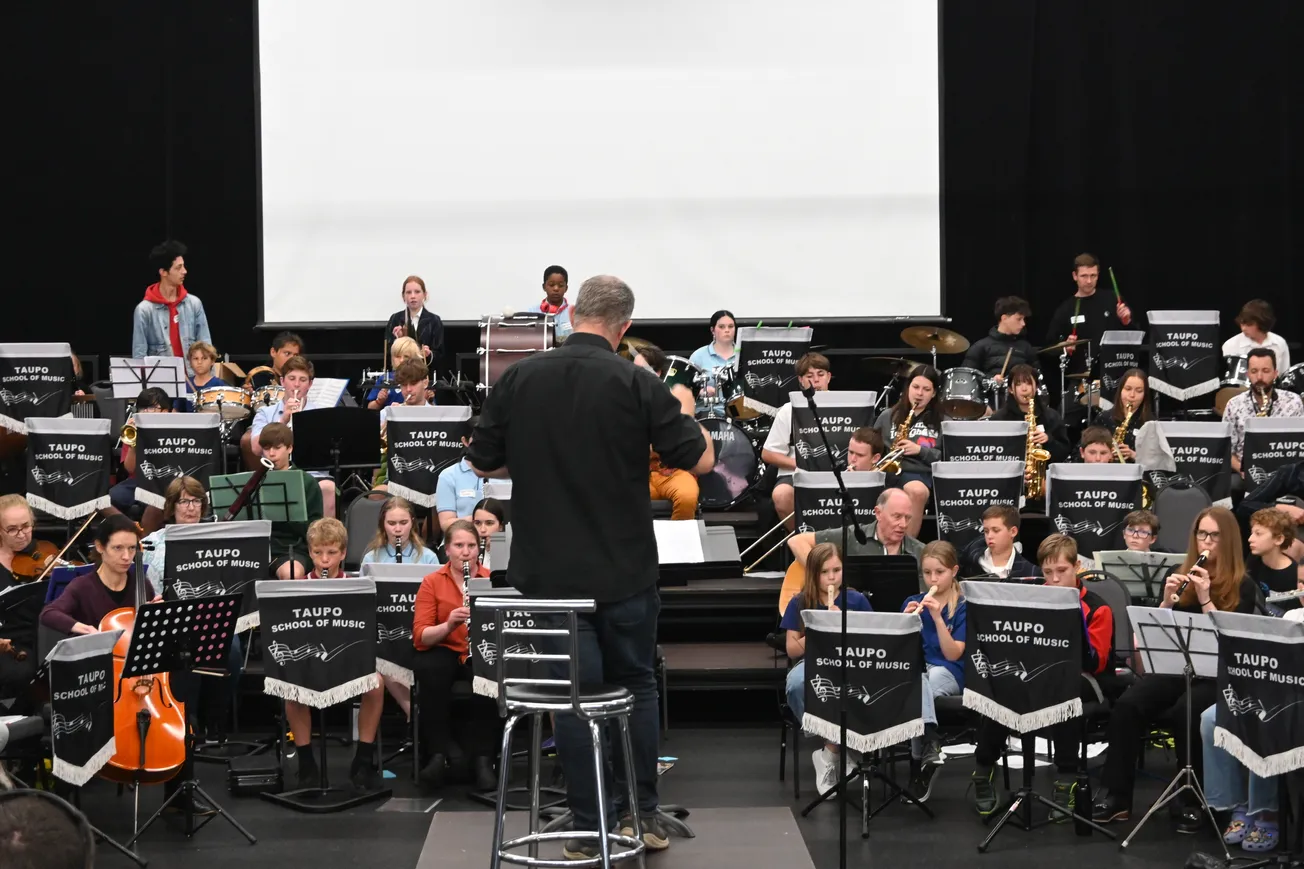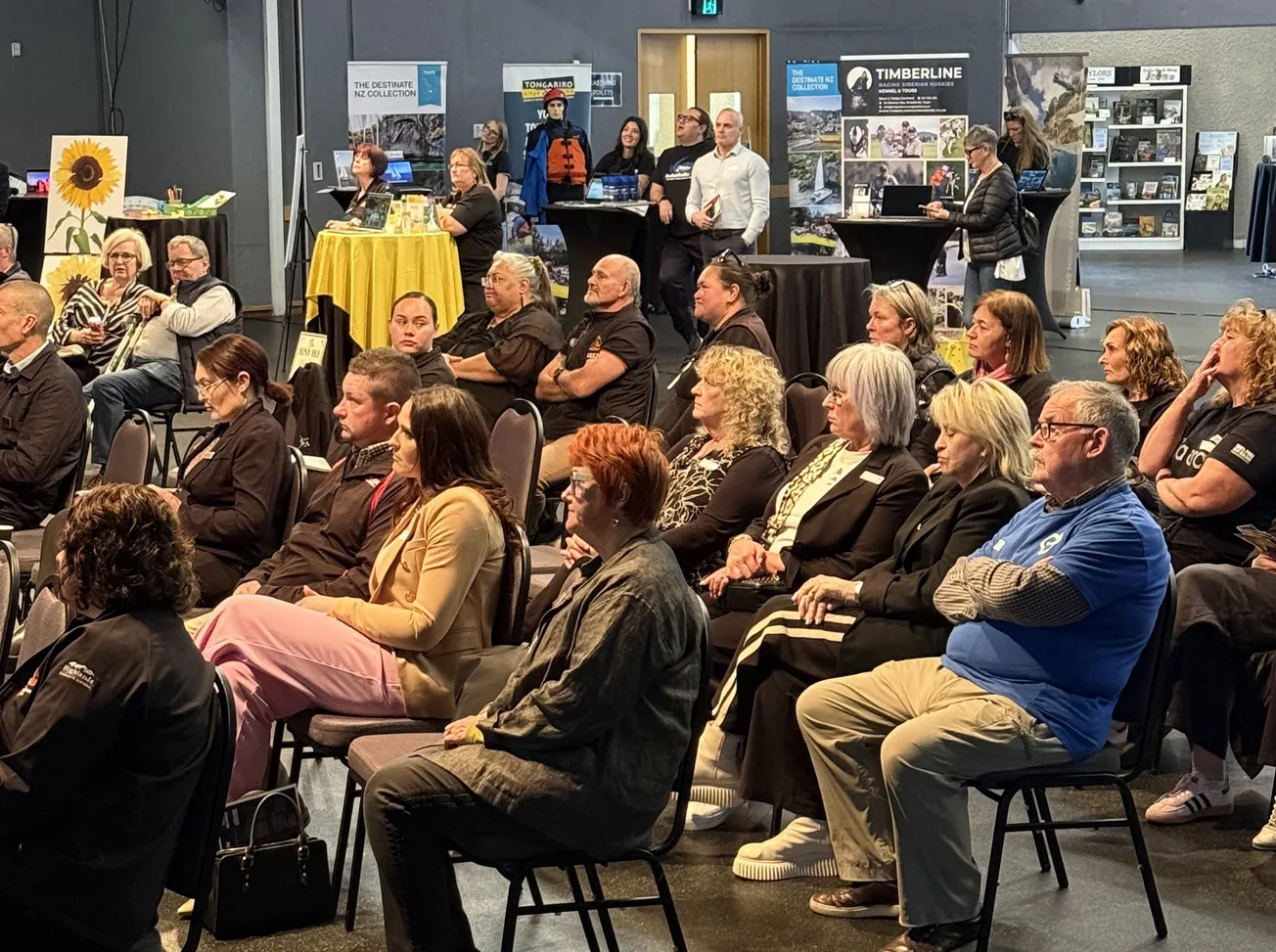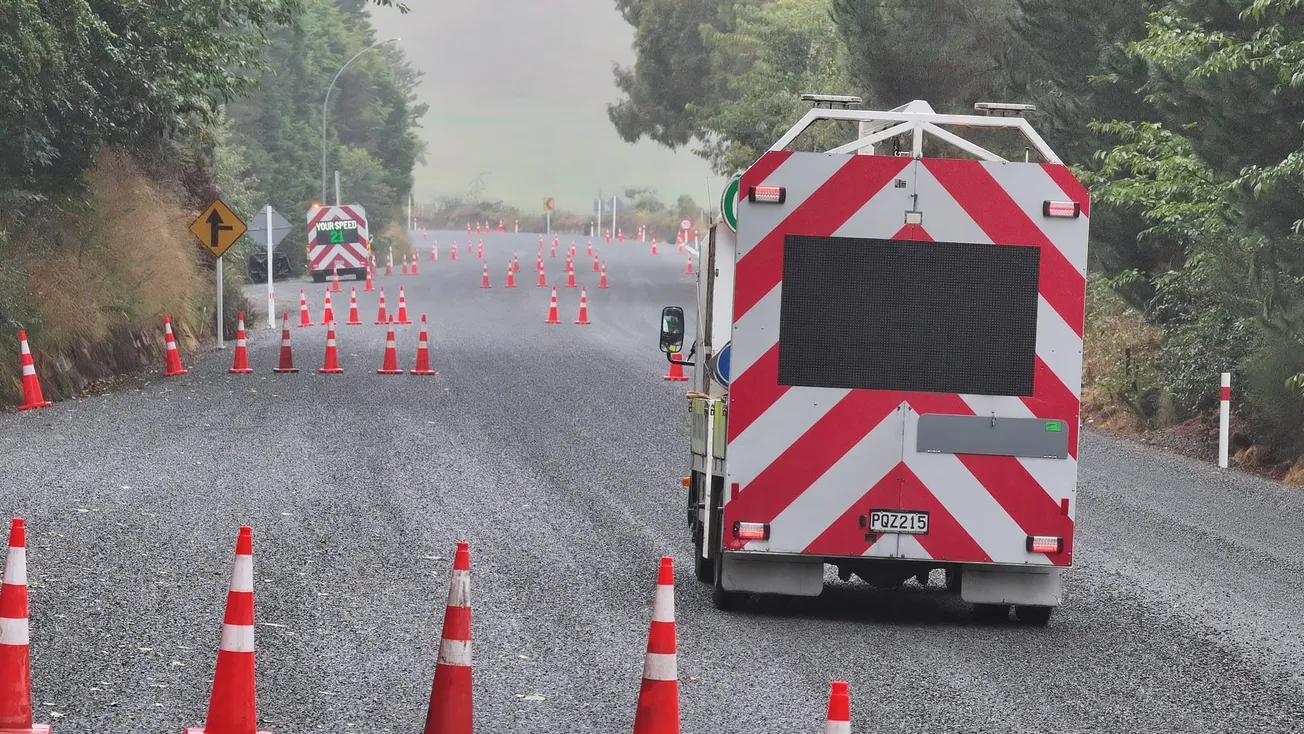Whether concerns were assuaged or attitudes more entrenched might be a moot point after a July 3 workshop on the joint management agreement (JMA) between Taupō District Council and Tūwharetoa Māori Trust Board.
Workshop chair Taupō Mayor David Trewavas hoped it would "clear up a few misconceptions."
And if one desire was for more information, after the meeting the TMTB issued a press release and the TDC uploaded a recording of the workshop as well as a copy of the draft JMA.
What is a Joint Management Agreement?
At the workshop, council co-governance management partner Sue Mavor, described a JMA as "a legal agreement between a council and an iwi authority about jointly managing a natural resource."
The council had an existing voluntary JMA with the TMTB signed in 2009 as well as mandatory ones with Raukawa Settlement Trust (2013), and Te Arawa River Iwi Trust (2017).
The 2009 JMA allowed the two parties to work more closely together on matters affecting multiply owned Māori land, said Mavor, allowing for joint RMA decision-making but covering a relatively discrete area.
"Together, they make decisions on those applications and plan changes."q
Legislative Requirements
The JMA currently in negotiation was mandatory under the Ngāti Tūwharetoa, Raukawa, and Te Arawa River Iwi Waikato River Act 2010 (Upper Waikato River Act 2010).
"We need to be clear about the existing JMAs that we have," Mavor said. "They come from different backgrounds and purposes."
It continued the work of different initiatives to protect Lake Taupō and the Upper Waikato River as well as fulfilling a requirement under the Local Government Act "to establish and maintain processes to provide opportunities for Māori to contribute to the decision-making process of the local authority and to foster this."
Timeline and Shared Vision
A joint committee originally established in 2020 was re-established in September 2024, when some additional matters were approved in principle and an agreement made to complete the JMA by June 30, 2025 – a deadline that has now passed.
The shared vision of the JMA which Mavor read out is that: "Taupō Moana and the Upper Waikato River are thriving and healthy, sustaining abundant life and prosperous communities who in turn are responsible for restoring and protecting the health and wellbeing of those water bodies, encompassing cultural, environmental, social, economic, and spiritual factors for future generations."
Councillor Concerns About Timing
While not concerned with the JMA's purpose, councillors Christine Rankin, Sandra Greenslade and Rachel Shepherd voiced concerns about seeking to sign it before the October election; Rankin considering the damage to the relationship with the TMTB would be "immense" if a new council decided to undo the agreement.
However, councillor John Williamson pushed back, running through a chronology of the JMA's progress and suggesting in his view, history proved "governing by anticipation" didn't work.
Legislative Changes and Fast-Track Concerns
Rankin's question of the implications if central government revised the RMA a lot earlier than expected, prompted TDC policy manager Nick Carroll to reply any agreement had to reflect the legislation then in place so that would result in the agreement being reviewed.
"If that legislation changes fast, then we'll have to review fast."
Greenslade also questioned the possible effects of fast-track legislation, to which Carroll replied that the agreement simply signalled the council would talk with TMTB.
"We might work together in terms of any submission… but it certainly doesn't commit council to doing so and it doesn't commit council to having the same view as the trust board on a fast-track proposal."
Public Consultation Debate
Councillor Duncan Campbell who had aired on social media prior that the 'new' version of the JMA was "being pushed forward with minimal public engagement and limited debate" and also written to lobby group Hobson's Pledge, to seek what he called "independent" scrutiny of the draft JMA called for public consultation.
This was batted back somewhat by deputy mayor Kevin Taylor who said he wasn't averse to it, but it had to be meaningful.
"Most of the folk who are sitting here today would find themselves insulted if we were to go out and consult on matters over which we had no discretion. I ask for your opinion… but we can't take it into account because the legislation dictates what we must do. That is not proper consultation. That is patronising, and I'm opposed to doing that."
Taylor said he would meet with anybody to answer any questions on anything related to the JMA going forward.
"You can either present them in writing beforehand, or I'm happy to answer them on the fly... What I don't want is for people to go away with an assumption and opinion that's not based in fact, that doesn't reflect the reality of the situation we're in, and that you have a considered view of the matters that we are going to review at the council meeting at the end of July."
Trewavas also asked council staff to investigate what consultation might be possible.
Spiritual Values and Community Connection
Councillor Karam Fletcher said the TMTB had been around for nearly 100 years, was an entity concerned about looking after "a lake that we all love and enjoy" and neither it nor the TDC, "regardless of the noise coming out of central government", were going anywhere.
Talk of shared values around spirituality, might be a little bit confronting to some people, he said – responding to a claim from Campbell that the use of language like 'mana', 'rangatiratanga' and 'kaitiakitanga' once inscribed in documents, shaped what came to the council table.
"In its simplest form," said Fletcher, "whenever you've had a hard day at work, and you have the opportunity to bathe in Taupō Moana, that is spirituality. That is finding reconciliation or restitution."
Running alongside the lake, looking at its beauty, was spiritual sustenance, he said.
"So it's not too out there for us to understand its spiritual importance with what we're trying to create with this joint management agreement."
The intent was key, he said, calling the JMA a stepping stone to how the relationship between the two organisations could evolve.
Next Steps
The draft JMA is being presented for further discussion at a TDC meeting on Thursday, July 31 with one of the options being a decision to sign it.
Post-Workshop Responses
Following the workshop, in a media release the TMTB said work on the draft Joint Management Agreement (JMA) – wasn't new.
It came from the 2010 Act and reflected the iwi's legal role as owners of the Taupō lakebed.
The agreement – a tool to make sure "the voice of Ngāti Tūwharetoa was present in decisions about our moana, our awa and our whenua" had been years in the making, said the release, noting that the Trust Board was proud of the integrity shown by those who had supported the kaupapa from the start, including councillors and staff who had leaned in, listened, and worked alongside us to get things right.
"This work has taken time, and that's allowed space for honest kōrero, shared learning, and for both sides to come to the table in good faith," said Trust Board chair John Bishara.
"That's what real partnership looks like."
A council release said the new draft agreement built on 20 years of successful collaboration through the Lake Taupō Protection Project, which had successfully reduced nitrogen levels entering the waterways.
'The draft agreement establishes a shared vision: thriving, healthy waterways that sustain abundant life and prosperous communities," the release said.
"Crucially, it recognises that these same communities have a responsibility to protect and restore the wellbeing of Taupō Moana and the Upper Waikato River for generations to come.
"It will see both organisations collaborate on work such as monitoring and enforcement, district plan reviews, resource consent application assessments, and enabling customary activities. These are all mandatory matters under the legislation."
Councillor Comments
LakeFM last week emailed councillors to give them the opportunity to clearly add their views and sent a text reminder on Monday, July 14. The email asked for 200-250 words to outline what councillors see as the benefits of the extended agreement but also any concerns they have with it or the process of negotiation. These were the responses received by 5pm Monday.
Kevin Taylor, Deputy Mayor The JMA has been 5 years in the making, having been in the public arena since the June 2020 council meeting and again at the September 2024 meeting. All transparent on the council website and free for all to view. Most of the JMA content is mandated under the upper Waikato Rivers Act. Council has no choice but to sign up to this part. The purpose is to protect and enhance the upper Waikato River and in its extended form Lake Taupo. The current 'concerns' are largely based on a misrepresentation of the facts. We as a community are better than this. I encourage everyone with concerns to read ALL available information before concluding their opinion. Any concerns I am more than happy to engage and discuss with people.
Duncan Campbell I support genuine collaboration with Iwi and recognise the historic and cultural importance of Lake Taupō to Ngāti Tūwharetoa. In theory, a well-structured agreement could enhance environmental outcomes and build durable relationships between Council and mana whenua.
But the current draft Joint Management Agreement (JMA) between Taupō District Council and the Tūwharetoa Māori Trust Board (TMTB) goes well beyond previous arrangements. It includes infrastructure projects, planning processes, and long-term co-management obligations—yet no public consultation has been undertaken. That's a concern, because the public will ultimately fund and live under this structure.
Clause 164 states: "There is no right to terminate this agreement." That alone raises significant questions about public oversight and democratic accountability.
I also question the Council's current position that consultation is not required. Under Sections 76–82 of the Local Government Act, councils are required to assess significance, consider community views, and consult accordingly. I've seen no compelling rationale for bypassing those obligations in this case.
Collaboration must never bypass consent. The people of Taupō deserve to know what's being agreed to on their behalf—and they deserve a voice before it is finalised.
NOTE: To clarify debate on the ability to terminate the agreement, media organisations have been advised that Clause 164 (p.25) relating to neither party having the right to terminate the draft JMA applies to the mandatory provisions, however, in regard to the extension matters, the draft clearly says these can be terminated by either side with 20 working days' notice, though the parties would first go through a process of consultation - Clause 165 (c).
Danny Loughlin What are the benefits of the proposed Joint Management Agreement (JMA)?
I have a lot of emails and posts saying that TDC are extending the 2009 JMA which is a lot of rubbish and in many cases deliberate misinformation.
What is the 2009 JMA? The RMA required council to put restrictions on land that had important 'natural values' or 'landscape values'. Well surprise, surprise this process mostly targeted Māori land in our district.
To mitigate the impact of these provisions on Tūwharetoa, the TDC and Tūwharetoa Māori Trust Board agreed to the JMA 2009. This provided for Māori Land Trusts to have a 4-commissioner panel (2 from Tūwharetoa and 2 from Council) for RMA consents and plan changes.
Despite cries of co-governance, I am only aware of the JMA being used once in 2020 for Plan Change 36 – Whareroa North Plan Change i.e. residential housing. That's it.
The new JMA is a legislative requirement i.e. TDC must have one. The council already has one with Te Arawa River Iwi Trust and one with Raukawa. The legislation also provided for an extension beyond core requirements for environmental protection of the Waikato River. The agreement being considered extends this protection to Lake Taupō and its tributaries.
It isn't co-governance because the Trust Board legally owns Lake Taupō and its tributaries and can charge commercial operators who want to operate on these properties.
Tūwharetoa want to work with TDC to improve environmental outcomes for our Moana and Awa for the benefit of all of Aotearoa.
Christine Rankin I believe we have managed this badly. It is of huge community interest and very complex. I absolutely stand by the fact that we must have public consultation around all such big issues.
I also believe we have no business committing an incoming council to a decision with potential far reaching consequences. It seems having worked on this for a long time and become so immersed, we have lost sight of how important it actually is to so many people on all sides.
